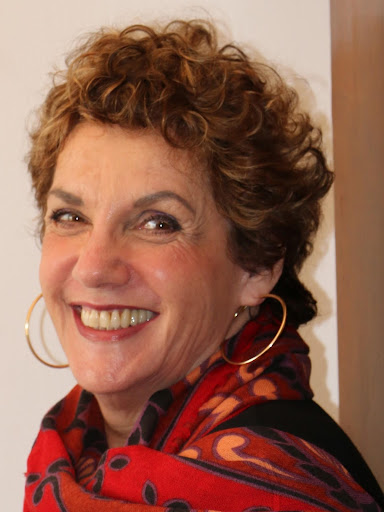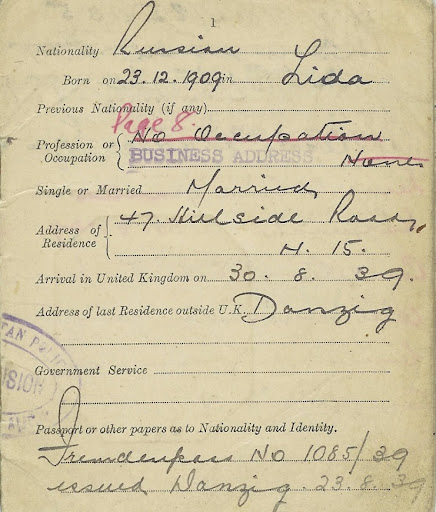1.
For the most terrible of accounts
you still need a plot
a way out of the horror
a single soul
who has lived to tell
2.
No matter how many died
in unspeakable ways
there must be
that thin voice on the page
that says I
made it through
3.
Hasia said,
“When I came back from Ashmyany
and told the people in Lida
that the men had been taken away
and shot, no one believed me.
They said I was a hysterical
child and would just
cause panic.”
4.
Always, when Sima began
to tell of her life
as a Partisan
he would look at her askance.
“No one needs to know,”
he would say in Polish,
and whatever I did to try
to return to the heroism of the past,
I could not prevent
a change of dinner conversation.
Surely someone knows –
The clerks in Belarus
who composed the list
of Jewish partisans
now wanted for war crimes,
for killing Christians,
they must have the facts.
They must know
why Sima was silenced.
5.
And if there are stories
no one is left to tell?
Smoke
from chimneys,
ash, ash, a child living
for days in a shallow grave
before her silent mouth
ceases to grasp at life…
This father taken away
and never heard from again
6.
And this may be where
another story begins
Let us say it was Zyggy’s soft-spoken father
we recreate from what we know,
a distinguished lawyer who clicks his heels
when addressed by some lazy SS officer
who is thinking, ‘I will kill him
slowly, and he will learn on his flesh
the limits of politesse.’
And at this very moment
Zyggy’s father needs
to imagine he has reminded
this slow sublimely evil man
of his humanity
We reconstructed this scene together
and Zyggy is gone and I alone
am left
to tell thee.
7.
“There was a baby,”
I think it was Phyllis’s mother
who told us one day, because
I always connect the tale
with her worn patterned linoleum
where we sat threading needles
as she sewed obsessively
to make the quota.
“There was a baby lying in his cradle
when they came in the house
and the soldier picked him up
by the feet and swung it at the wall
in a single smooth arc that stopped
with blood and brains
dripping down the wall
and the limp silent arm of the soldier.”
I think the child was her brother
But Phyllis’s mother is long gone.
I don’t even know her daughter’s last name,
even though we grew up as best friends
8.
“But still there is you,”
you say,
“telling
the tales –
witness”
9.
In Britten’s Requiem,
two-thirds through, I watch
everyone in the audience
turn the libretto to the end.
Transfixed by the soprano
they still need to know
how much longer
until we reach
paradise
Even in the midst
we hunger to know
that joy will not be snatched away forever
there will be
a happy ending
10.
What if I could scrape
the gore from the walls,
patch the child
together again
the way I swept up
the hanging plant
I swerved into and slammed
against the window
and kept for years
growing green and flowering

Recent poetry publications of Karen Alkalay-Gut, retired professor of Tel Aviv University, have concentrated upon giving voice to the tragic silent Survivre a son Histoire/Surviving her Story, Corlevour, (2020), Yerusha (Leyvik, 2021). On a lighter side, Egypt: An Israelite Returns (2022), A Word in Edgewise: Ladies from the Bible Tell Their Tales (2020), and other works.
Photo by Ezra Gut
